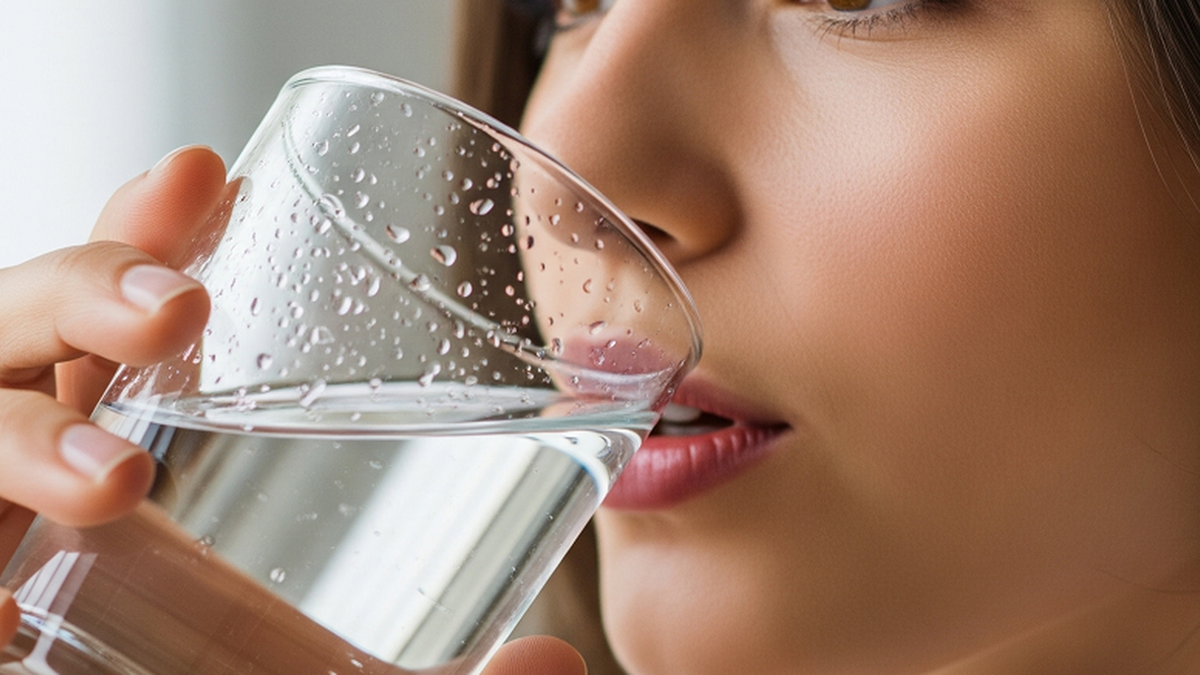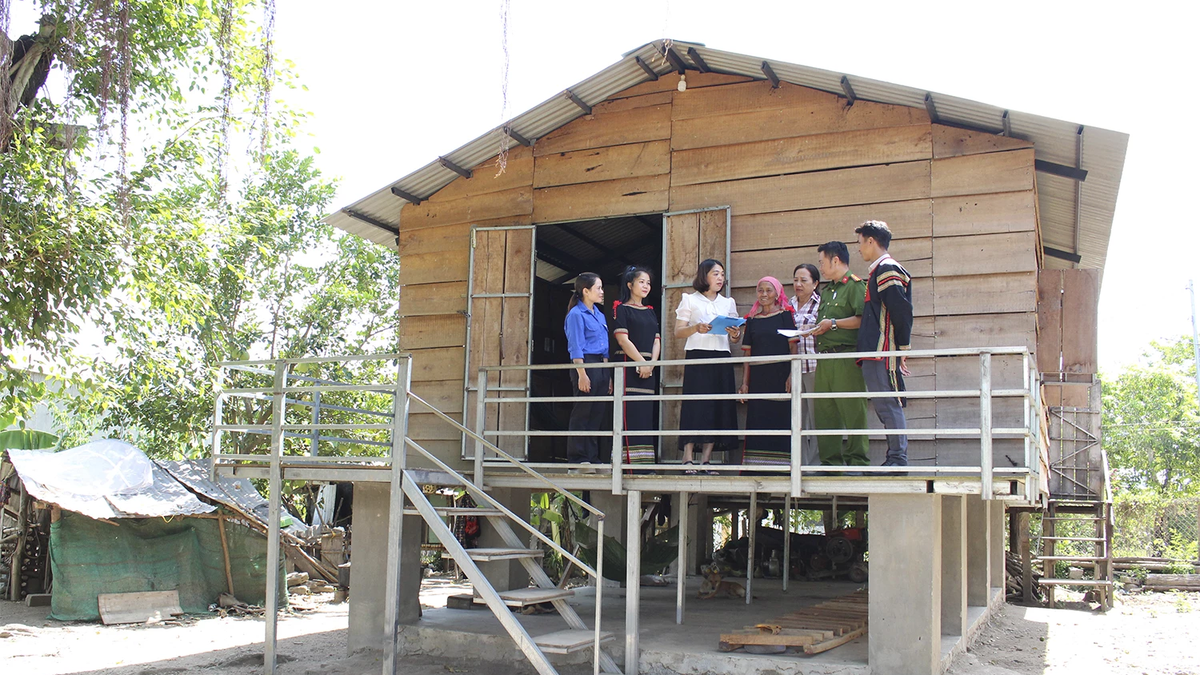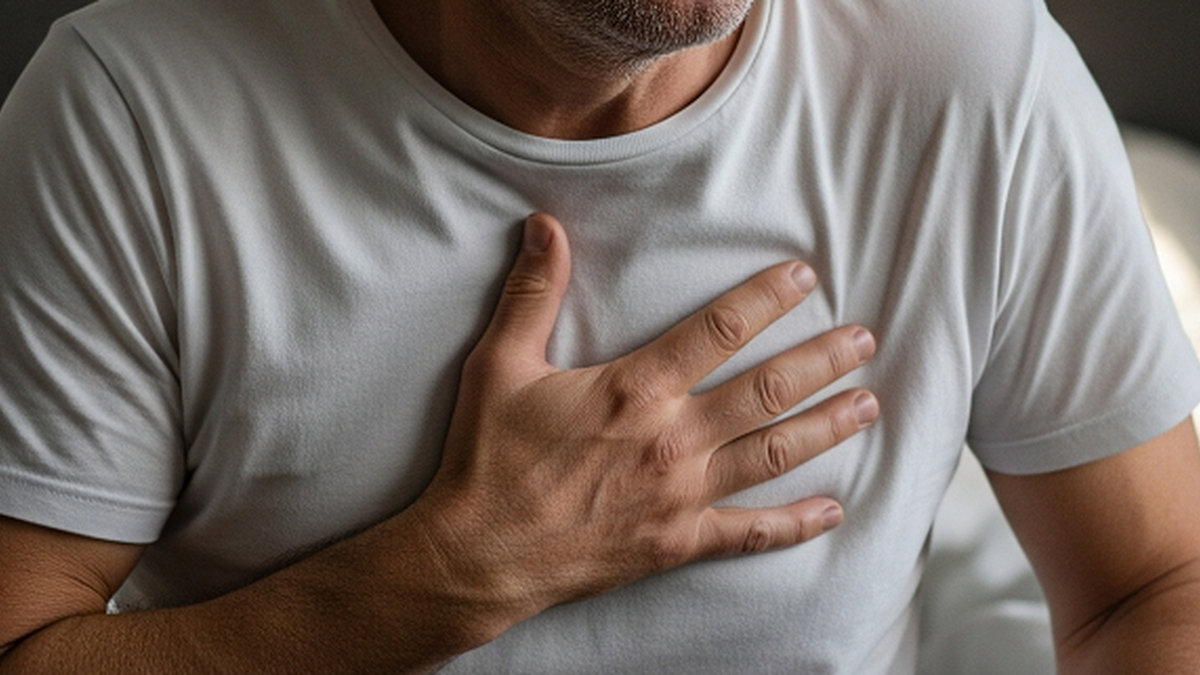Diarrhea leading to dehydration, irritable bowel syndrome, and previous gastric bypass surgery are at risk of forming kidney stones.
According to the National Kidney Foundation (USA), kidney stones can affect the digestive tract and vice versa. Below are digestive diseases that can cause kidney stones to form.
Diarrhea
The body loses water and electrolytes when having diarrhea, causing less urine to be excreted. Less urine causes reabsorption, causing substances that need to be excreted to be deposited, forming stones.
Absorption problem
People who have had gastric bypass surgery, digestive disorders, and inflammatory bowel disease such as Crohn's disease are also likely to develop kidney stones. The reason is that the patient's body does not absorb fat well, these substances bind to calcium in the intestine, so there is a lot of oxalate. The oxalate is then absorbed into the digestive tract and excreted in the urine. Increased oxalate levels can bind to calcium in the urine, forming kidney stones.
High protein diet
After analyzing data from 32 previous studies, the University of Thessaly (Greece) concluded that eating too much protein can develop kidney stones and liver damage.
Scientists explain that a high-protein diet causes uric acid to accumulate in the urine. Higher levels of acid can lead to kidney stones. Therefore, each person should limit the amount of animal protein and should only consume a maximum of 200g of meat and fish.
Irritable bowel syndrome
Irritable bowel syndrome is a common disorder that affects the stomach and intestines. The cause is poor intestinal absorption, so the amount of citrate and magnesium excreted in the urine is low. In the long term, it inhibits the formation of oxalate stones and kidney stones. People with kidney stones are also at risk of this syndrome.
A 2016 study from National Chiao Tung University and Sun Yat-sen Medical University in Taiwan found that older adults were more likely to develop irritable bowel syndrome after having kidney stones. More than 30 percent of cases occurred within six months of the first stone.
Adults should drink 2-4 liters of fluid a day, even if they are not at risk of kidney stones. People who exercise regularly, live in hot and humid areas, or are pregnant or breastfeeding should also drink more water.
Besides water, green tea, lemon juice, and fruit juice are all good for your health. Lemon juice is good for your kidneys because it contains citrate, which helps prevent the formation of calcium stones. Citrate also helps break down small stones, allowing the body to excrete them through urine.
To prevent digestive diseases, each person's diet should be high in fiber, low in fat and spices. Change your eating habits by eating slowly and chewing thoroughly to aid digestion, especially reducing pressure on the stomach. Divide three main meals into 4-5 small meals a day to prevent the digestive system from being overloaded and working inefficiently.
Huyen My (According to Cleveland Clinic )
| Readers ask questions about urinary diseases here for doctors to answer |
Source link







































































































Comment (0)